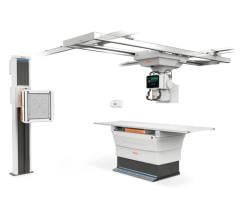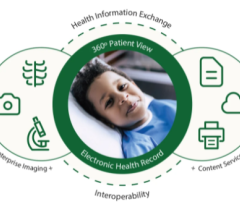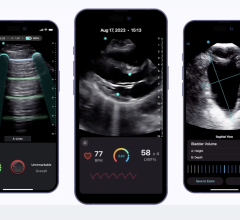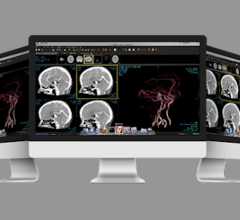
According to a recent report from the Centers for Disease Control and Prevention, visits to emergency departments (ED) have reached an all-time high, placing additional strain on the already overburdened healthcare infrastructure. If you’ve visited an ED recently or simply watched the evening news, you probably know this all too well. If not, here’s your wake-up call.
Emergency departments are struggling, due in part to recent closings, to meet the demands not only of legitimate emergency cases but also the needs of the growing number of uninsured Americans using the ED as their primary care provider. And that’s just for day-to-day visits. When you consider the impact that a natural or man-made disaster would undoubtedly produce, the implications can be downright frightening.
Just fourteen months ago, the Institute of Medicine released its own report entitled “Hospital-Based Emergency Care is at the Breaking Point,” and since that time emergency room physicians and other patient advocates have been lobbying hard for reform. The American College of Emergency Physicians (ACEP) endorses the The Access to Emergency Medical Services Act and is pleading with Congress to do the same.
The Act calls for a national bipartisan commission to examine factors affecting and possibly impeding care delivery in U.S. emergency departments. The Senate bill calls for the convening of a working group within the CMS to develop boarding and diversion standards, while the House bill would require hospitals to report patient number and length of boarding statistics to the Department of Health and Human Services.
“This urgently needed legislation,” said Brian Keaton, M.D., president of ACEP, “will help reduce the dangerous trends that are limiting the public’s access to high-quality, lifesaving medical care and stripping emergency departments of their ability to respond to disasters.”
“It is now up to Congress and the other branches of our federal government to fulfill their obligation and ensure that our nation’s patients have the resources they need in emergency-care situations,” added Ramon Johnson, M.D., ACEP Board of Directors member and associate director in the department of Emergency Medicine at Mission Hospital Regional Medical Center, Mission Viejo, CA.
As emergency docs climb Capitol Hill to battle on healthcare’s behalf, ACEP urges the rest of us to voice our support by contacting our members of Congress. For more information on how to help, visit www.acep.org.
Together we can make a difference.

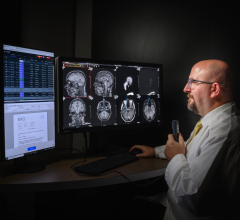
 June 28, 2024
June 28, 2024 

